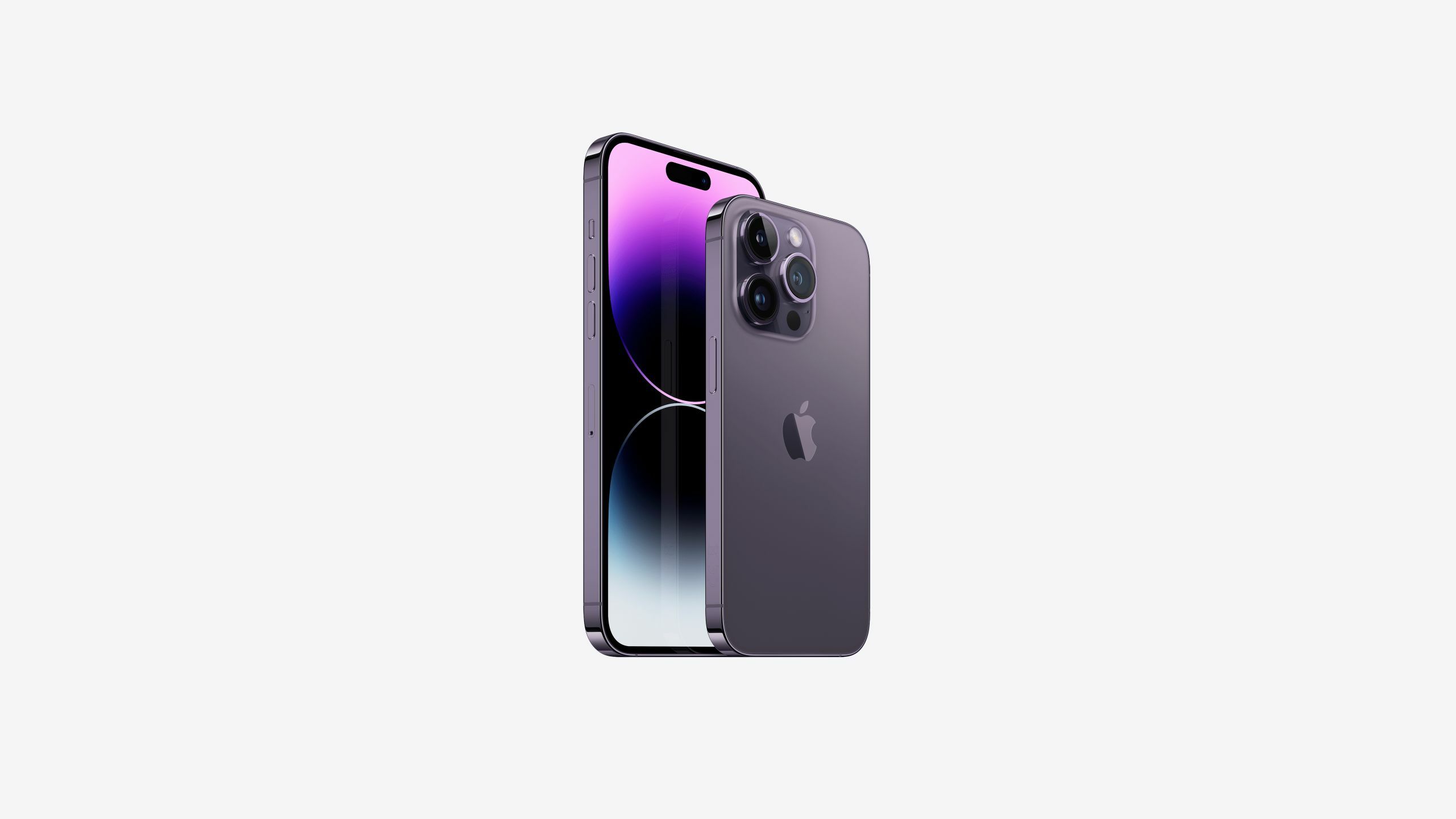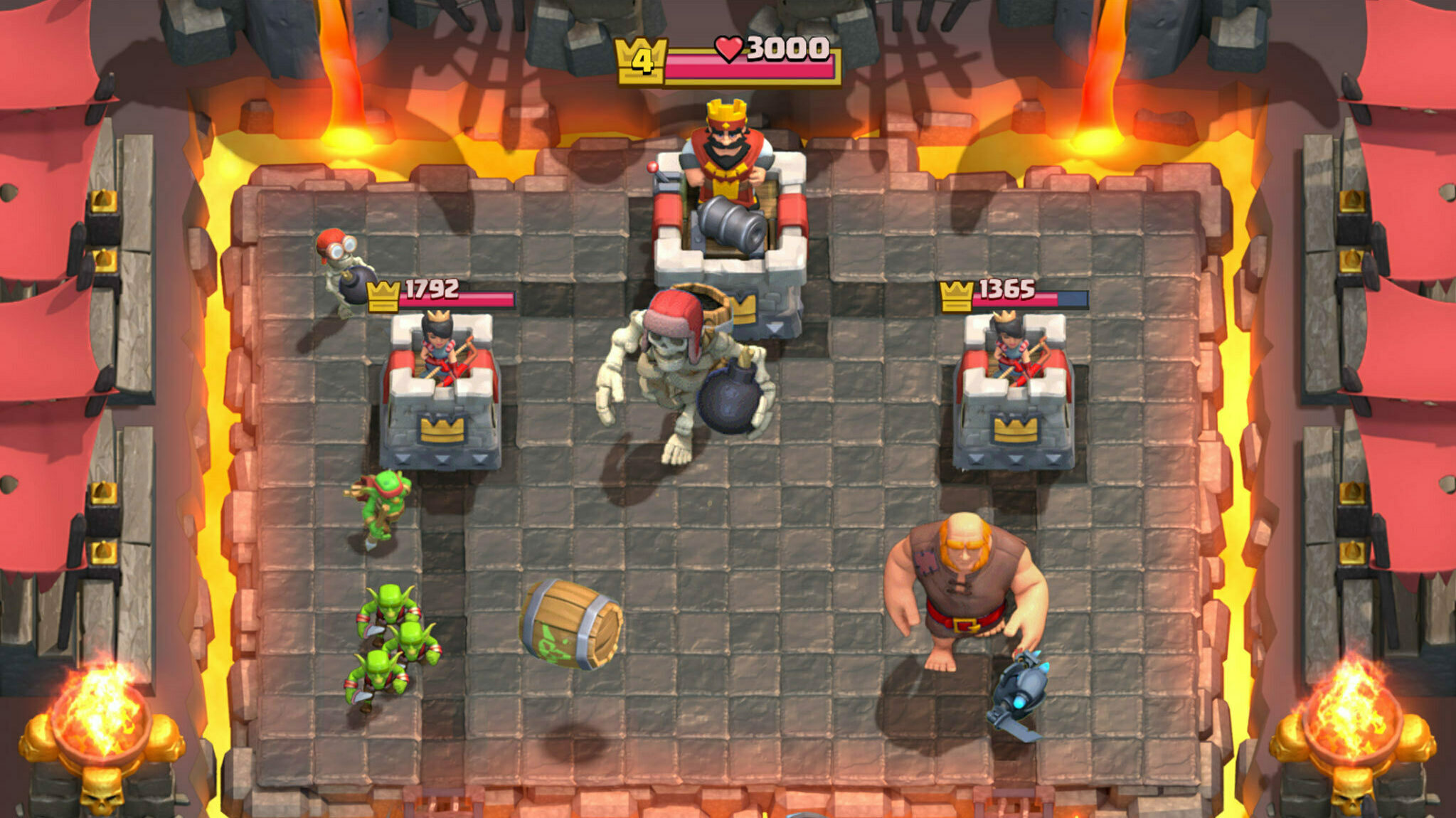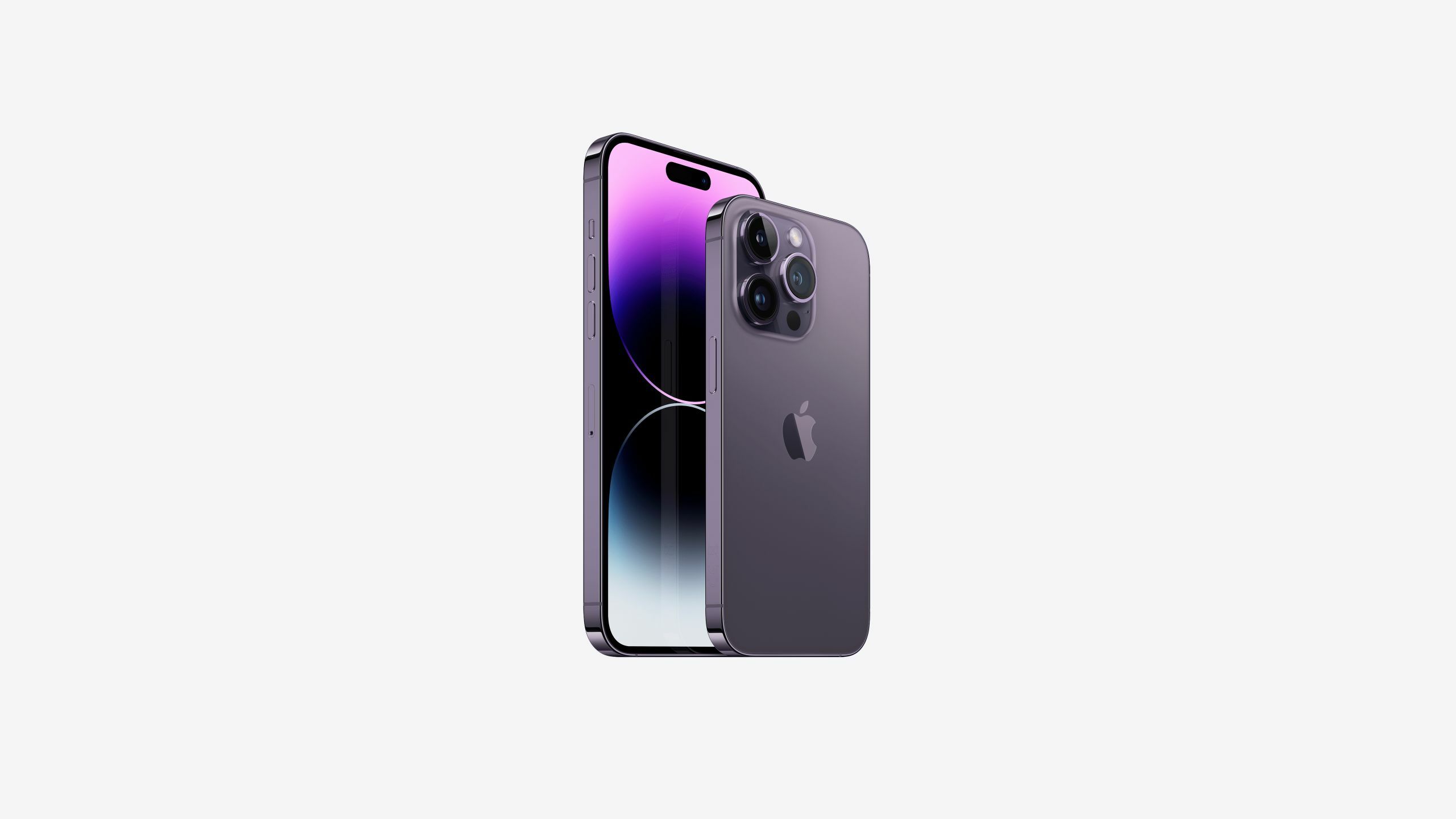Apple has confirmed they will comply with EU regulations that mandate that physical chargers for smartphones and tablets be USB-C.

Apple has confirmed it will comply with the European Union's mandate that all phones and tablets sold in its member countries use USB-C - if they have a physical charger.
The mandate is designed to reduce the amount of waste produced by having many different types of cables designed to do the same thing. Manufacturers have until "autumn 2024" to comply.
Currently, Apple's iPhone uses Lightning, which has made asking your mate if they have a phone charger to hand an unnecessarily stressful question at a time when almost every other smartphone manufacturer uses USB-C.
News that Apple will comply with the mandate came from Apple's senior VP of worldwide marketing, Greg Joswiak.
When asked by The Wall Street Journal's Joanna Stern if the company would follow the new law, Joswiak answered by saying: "Obviously, we’ll have to comply; we have no choice."
Apple's senior vice president of worldwide marketing, Greg Joswiak, says at #WSJTechLive that the company will "have to comply" with new European regulations mandating USB-C ports across electronic devices https://t.co/BWz6Vy27aZ pic.twitter.com/dTE1aXEQ73
— The Wall Street Journal (@WSJ) October 26, 2022
Apple has been using the Lightning adapter for over ten years, debuting with the iPhone 5. It offered a smaller adapter, quicker charging and data transfer, and was a huge upgrade over what came before.
But other companies caught up and standardized, with the USB-C becoming the cable charging cable used not just for smartphones from a range of manufacturers but also laptops, tablets, and cameras.
Apple will now seemingly join them, though they aren't going willingly.
Apple Isn't Happy About The Change
When confirming that Apple would comply, Joswiak clearly took issue with the fact that it was a government body that forced the change, claiming that such moves can stifle innovation.
In Joswiak's opinion, a previously failed push to standardize Micro-USB would have led to a world without the improved Lightning and USB-C cables that we use today.
Apple isn't actually against the USB-C at all. MacBooks have been using it since 2015, and iPads started appearing with it in 2018. It looks like the iPhone will soon be joining them, unless - as it has been mooted - they opt to drop physical charging completely...










